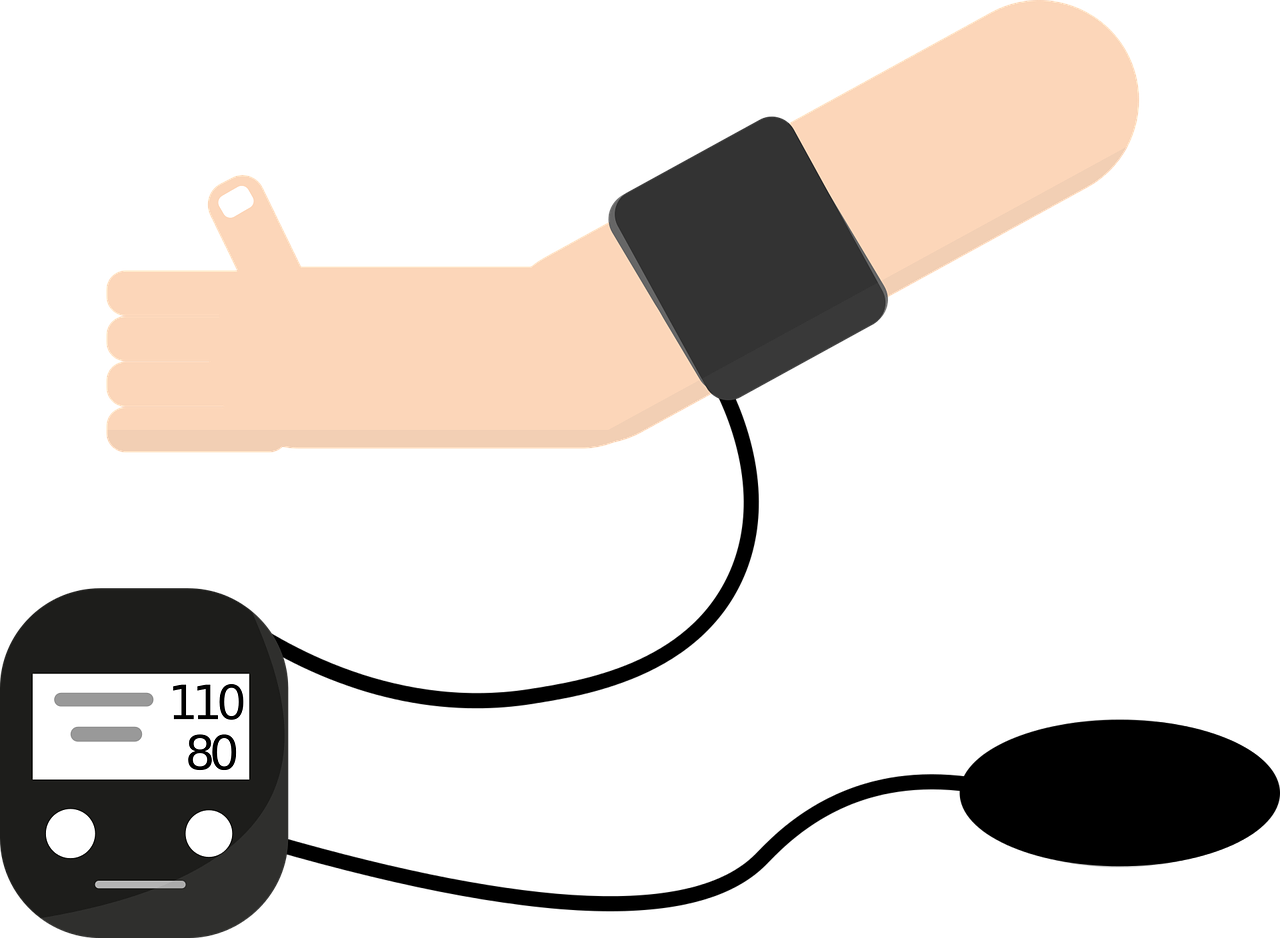
Opioid Addiction Treating Drug May Be Repurposed for Type 2 Diabetes
- News
- 1.2K
India is the diabetic capital of the world as every sixth person with diabetes in the world is an Indian. Insulin resistance has been a big challenge for researchers who seek to understand and treat it. Researchers from the Indian Institute of Technology, Mandi have unraveled the mechanism by which insulin overload in the body causes insulin resistance that is associated with diabetes. They have found the drug that is used in treating opioid addiction can potentially reverse this phenomenon.
“We’ve known that one of the causes of insulin resistance is inflammation”, says Dr. Prosenjit Mondal, Associate Professor, School of Basic Sciences, IIT Mandi, “We wanted to find out if and how hyperinsulinemia (excess insulin traversing the bloodstream) invokes inflammation in the body, which would provide the link between the two conditions,” he told.
The relationship between insulin resistance and hyperinsulinemia is cyclic – each increases the occurrence of the other. While it is obvious how insulin resistance leads to hyperinsulinemia – when cells cannot use the insulin, it just remains in the blood – the converse of how hyperinsulinemia increases insulin resistance has hitherto remained unclear.
The researchers identified a critical protein molecule – SIRT1 which is repressed in hyperinsulinemia. They discovered that a decrease in SIRT1 activates another protein called NFkB, which instigates inflammation, thus providing the link between hyperinsulinemia and systemic inflammation. The team has also discovered a solution to this problem. The researchers found that low-dose naltrexone (LDN), a drug commonly administered for opiate addiction, can activate SIRT1, thereby reducing inflammation and increasing insulin sensitivity of cells.
The significance of this discovery is enormous. “Naltrexone at low doses could potentially restore some of the diabetes-associated events in cellular and animal models”, observed Dr. Mondal, who is confident that this is a viable path to follow for Type-2 diabetes management. Naltrexone is already an FDA-approved drug that is used for the treatment of opioid addiction and can easily be repurposed for inflammation reduction and diabetes control. The research team intends to study this thread further, to understand the mechanistic aspects of LDN’s effects on hyperinsulinemia-induced inflammation and resulting insulin resistance.
The study has been carried out with grant support from the Science and Engineering Research Board. The research team comprised Dr. Prosenjit Mondal, Abhinav Choubey, Khyati Girdhar from IIT Mandi, Dr. Debabrata Ghosh, Aditya K. Kar, and Shaivya Kushwaha from CSIR- Indian Institute of Toxicology Research, Lucknow and Dr. Manoj Kumar Yadav from SRM University, Delhi-NCR, Sonipat, Haryana. The research findings have recently been published in the Journal of Biological Chemistry. (ISW)
If you liked this article, then please subscribe to our YouTube Channel for the latest Science & Tech news. You can also find us on Twitter & Facebook


